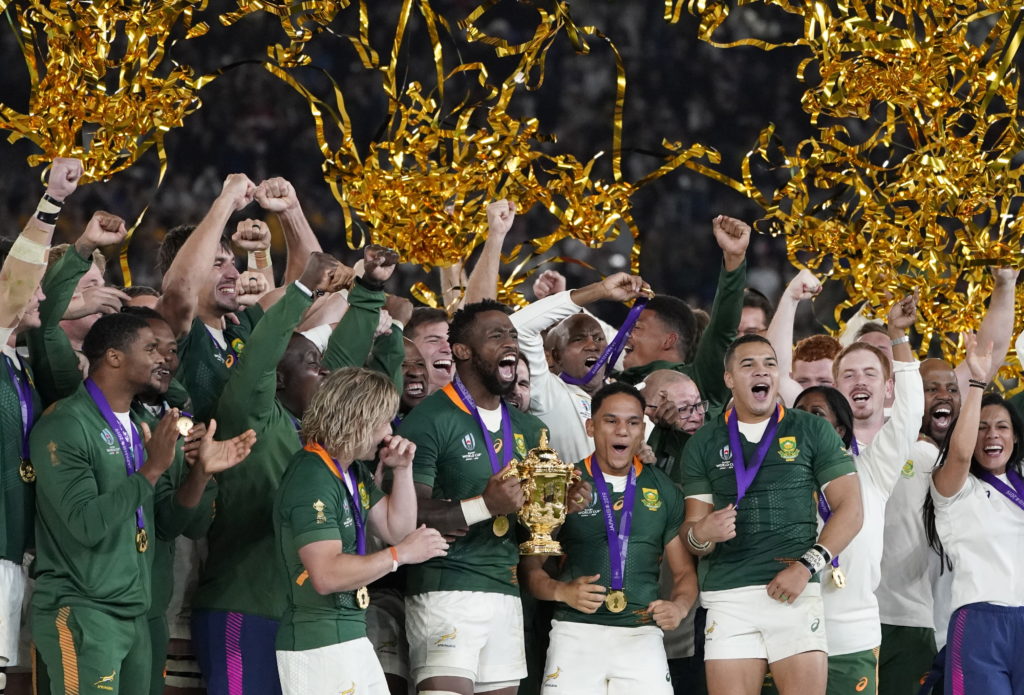The process to determine future hosts of the men’s and women’s World Cup has officially kicked off with the start of the dialogue phase.
World Rugby is running an innovative integrated process to determine hosts of the 2025 and 2029 women’s events, and the 2027 and 2031 men’s events.
The approach will provide the sport with hosting and revenue certainty for the game over the next 10 years, in line with the ‘game-changer’ objectives of its new strategic plan. With collaboration and transparency at the heart of the process, the three phases – dialogue, candidate and evaluation – will, for the first time, facilitate bespoke bids that optimise the objectives of the hosts and global growth of the sport.
VERMEULEN: Bulls had to empty the tank
The process is designed to make hosting even more attractive and accessible to more nations, fostering partnerships via collaboration to develop bespoke bids that optimise strategic objectives for host nations and the global game.
World Rugby has paved the way for interested nations to enter the process with a running start, having engaged extensively with a number of member unions during a ‘pre-dialogue’ phase that has been designed to optimise knowledge and information transfer and therefore minimise overall bid costs.
‘Today represents an important milestone in the future of the sport and is a positive way to accelerate into 2021,’ World Rugby chairman Bill Beaumont said. ‘We are hugely encouraged by both the interest and level of conversations to date, which reflect the attractiveness of this new approach.
‘Rugby World Cup is all about unity and this process marks a bold, best-practice approach for the sport. By awarding four hosts at the same time, the sport will have long-term strategic certainty, enabling us to advance commercial and broadcast partnerships and maximise revenue for reinvestment across our unions and the wider game.
‘It is also an accessible and inclusive process. It is important for everyone that the costs of bidding are minimised and therefore by jointly building bespoke bids we can ensure an approach that is good for nations and good for rugby, maximising participation, societal and economic returns for all.’
ALSO READ: Currie Cup Team of the Season
Rugby World Cup host selection timeline
- February 2021 – Dialogue phase: An opportunity for open communication between World Rugby and unions, governments and other key stakeholders. This will allow potential hosts to understand the business and delivery model, how they will partner with World Rugby and ultimately build a compelling proposal.
- May 2021 – Candidate phase: Candidates will construct their detailed proposals with World Rugby providing ongoing clarification and support to ensure the best-possible model. The phase culminates with candidates submitting candidate files, hosting agreements and guarantees in January 2022.
- February 2022 – Evaluation phase: Bids will be evaluated by relevant industry experts against the key criteria agreed by World Rugby Council. The evaluation report will be provided to council for a vote in May 2022.
Photo: EPA/FRANCK ROBICHON





